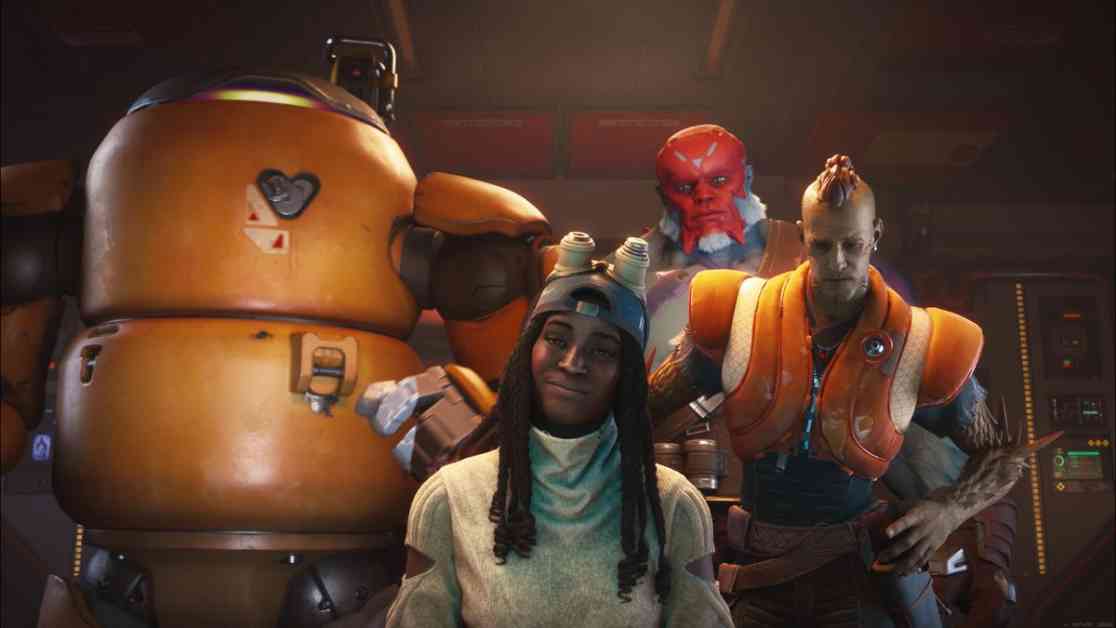The launch of Sony’s hero shooter Concord has sparked a wave of negativity and grave dancing in the gaming community. Despite the game’s low turnout on Steam, with concurrent players struggling to top a thousand, it has already been dubbed the biggest flop of the year on social media. The discourse surrounding Concord on platforms like Reddit and TikTok has been filled with gloating, screenshots of SteamDB concurrency numbers, and snarky remarks about the game’s perceived failure.
The trend of grave dancing on unpopular games is a harmful one that we should all strive to avoid. It stems from a sense of victory over FOMO (fear of missing out) and a desire to affirm one’s own judgment and taste. When a game like Concord fails to attract a large audience, it becomes easy for people to mock it and its developers, painting them as out-of-touch or creatively bankrupt. However, the reality is much more complex, and success in the gaming industry is not always easy to predict.
The developers at Firewalk Studios, many of whom are ex-Bungie, have created a game in a genre they are familiar with and released it without the controversial free-to-play monetization model. Despite their efforts, Concord has struggled to find a foothold in the competitive gaming market. The game’s $40 price tag has been cited as a possible reason for its poor performance, but this overlooks successful games like Helldivers 2, also priced at $40.
The grave dancing on Concord’s low Steam numbers has not provided any real insight into why the game has fared poorly. Instead, it has fueled a cycle of resentment and misunderstanding within the gaming community. The reflex to cheer for a game’s failure as if it were deserved only serves to perpetuate surface-level observations and hyperbole, drowning out real analysis and critical discussion.
It’s important to remember that dramatic post-launch turnarounds can happen, and a game like Concord may still find success with updates and sales. The gaming landscape is constantly evolving, with new releases vying for attention alongside established franchises and indie darlings. It’s a volatile industry where success is not guaranteed, and even the most well-crafted games can struggle to find an audience.
In conclusion, the trend of grave dancing on unpopular games is a harmful one that we should all strive to avoid. Instead of celebrating a game’s failure, we should strive to engage in meaningful discussion and analysis, supporting developers in their efforts to create innovative and engaging experiences. By fostering a more positive and constructive gaming community, we can help ensure that all games have a fair chance to succeed.




















